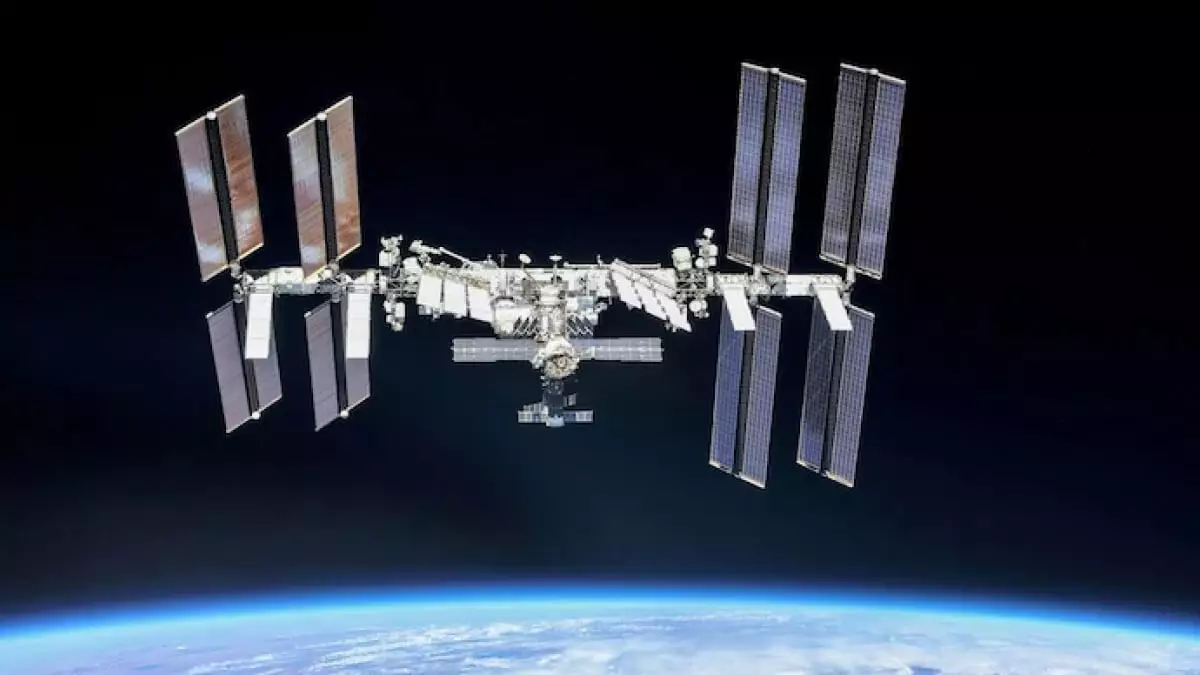On November 23, the crew of the International Space Station (ISS) experienced a surprising and concerning situation when an unusual smell emanated from the recently docked Progress MS-29 cargo spacecraft. This unexpected incident occurred while the crew was attempting to open the hatch to the Russian module, Poisk. The peculiar odour, described by NASA astronaut Don Pettit as akin to “spray paint,” triggered immediate safety protocols, highlighting the importance of maintaining a secure environment in space.
Immediate Response and Safety Protocols
Upon detecting the smell and observing small droplets within the spacecraft, the crew acted promptly by sealing off the affected area. The ISS’s operational protocols emphasize swift action in response to any potential contamination, a procedure that was effectively executed in this case. Following the protocols, both NASA and Roscosmos activated air-purification systems to mitigate any risk associated with the strange odour. Each segment of the ISS deployed specific filtration systems, with the American segment utilizing the Trace Contaminant Control Subassembly (TCCS) while the Russian module employed additional filtration mechanisms.
To ensure the safety of the crew, personal protective equipment (PPE) was worn by all members during the evaluation period. This decisive measure allowed the crew to assess the situation without exposing them to any potential harmful contaminants. The implementation of these protocols is indicative of the rigorous safety measures that govern ISS operations.
Continuous monitoring of air quality by onboard sensors provided essential feedback regarding the environment inside the ISS. By November 24, flight controllers reported that air quality had returned to acceptable levels, which allowed the crew to safely reopen the hatch to the Progress MS-29. The successful management of the incident illustrated the readiness and resilience of the crew and systems in place to address unexpected challenges in the confines of space.
Despite the potentially alarming situation, officials from both NASA and Roscosmos have stated that there are no lingering safety concerns for the crew. The exact source of the odour remains under investigation, but both agencies are committed to identifying its origin and ensuring rigorous measures are enforced moving forward.
Importantly, the incident has not interrupted the routine operations aboard the ISS. The Progress MS-29 spacecraft is part of a scheduled resupply mission and is vital for delivering essential supplies—such as food, fuel, and equipment—to support long-term missions in space. It is expected to remain docked for six months, after which it will facilitate the return of waste materials to Earth, thereby maintaining the continuous cycle of resupply and waste management that is crucial for sustainability aboard the ISS.
While the unusual odour created a moment of concern aboard the ISS, the established safety protocols and the swift actions taken by the crew demonstrate the high level of preparedness inherent in space missions. As investigations continue, NASA and Roscosmos remain committed to ensuring a safe environment for the astronauts, reaffirming the critical importance of safety and health standards in the unique and challenging conditions of outer space.


Leave a Reply